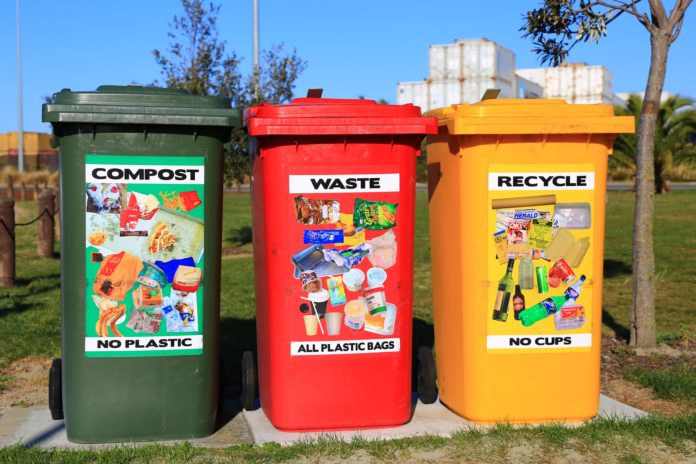The zero-waste movement has gained a lot of traction over the past few years. It focuses on creating as little waste as possible by encouraging people to repurpose items, eliminate single-use packaging, compost food waste, grow or make your own food when possible, purchase items secondhand, buy foods in bulk — the list goes on and on.
It is no secret that landfills are overflowing with man-made consumer waste. Every year, each Canadian is estimated to produce 673 kilograms of waste, ranking Canada worse than the US in waste management according to the 2019 Global Waste Index by the Organisation for Economic Cooperation and Development (OECD). Due to the fact that landfills are so densely packed, biodegradable waste may not properly break down and, in turn, produces methane. When we are not littering our landfills, we are polluting our waters with plastics, contaminating marine life with microplastics, and threatening our aquatic ecosystems. These major environmental threats are pillars in the zero-waste movement as it suggests taking individual responsibility for your waste production and carbon footprint.
Social media influencers have created large platforms outlining how to live a life that does not create any excess trash and often use their yearly “trash jars” as encouragement for followers to adopt the lifestyle. The movement is beyond just using metal straws. It creates an all-or-nothing mindset that, I think, is unattainable to the general population.
For years, I was sucked into this idea of living zero-waste and was inspired to follow the aesthetics of the lifestyle. I used reusable produce bags, I went to bulk stores and filled up old peanut butter jars with my pantry staples, I only bought packaged food in glass or aluminum, switched to shampoo bars instead of plastic bottles, made my own granola (it was a vibe) and tried making my own plant milk; I did all the things, and yet it wasn’t enough. Despite my efforts, I was still creating waste on a daily basis. I came to the realization that we do not live in a zero-waste, plastic-free world, and it is exhausting and impossible to try and be 100 per cent waste-free. Instead, I think that there are small things we can focus on to minimize the amount of waste we produce. It isn’t about being perfect; it’s about adopting changes that are sustainable for our own lifestyles.
These are my tips for being waste-conscious:
Reusable study material
Instead of working through practice problems in a notebook or on flashcards, try using sites like Quizlet to test your knowledge. I also purchased a small whiteboard to write down key terms or phrases. You can use these resources over the course of many semesters and it will conserve the amount of paper you use. The key here is to reduce the amount of unnecessary paper use.
Bring reusable cutlery
Instead of reaching for single-use plastic cutlery, consider keeping a reusable set in your bag. About 300 million tonnes of plastic waste is created annually, so something as small as this could make a big difference without a lot of hassle. It doesn’t take up much space in your bag and helps keep waste down when getting lunch to-go.
Don’t use plastic produce bags
When the pandemic hit, I was no longer able to use my reusable produce bags at most grocery stores. So, instead, I just decided to skip bags altogether. Most produce items are fine to be kept loose in your shopping cart and it is an easy waste-reducing hack to incorporate into your routine.
It isn’t about being perfect. It is about incorporating little things into your routine that help you minimize your overall waste production without completely inconveniencing your lifestyle. We aren’t all going to be perfect “zero-wasters,” and we shouldn’t have to hold ourselves up to the aesthetics of the lifestyle. Rather, we can take small steps to help the cause in whatever way is feasible to us as individuals.
Image: Nareeta Martin / Unsplash
Sydney is a BA English major, creative writing student, who has been a content contributor for The Cascade and is now the Opinion editor. In 7th grade, she won $100 in a writing contest but hasn’t made an earning from writing since. In the meantime, she is hoping that her half-written novels will write themselves, be published, and help pay the bills.


